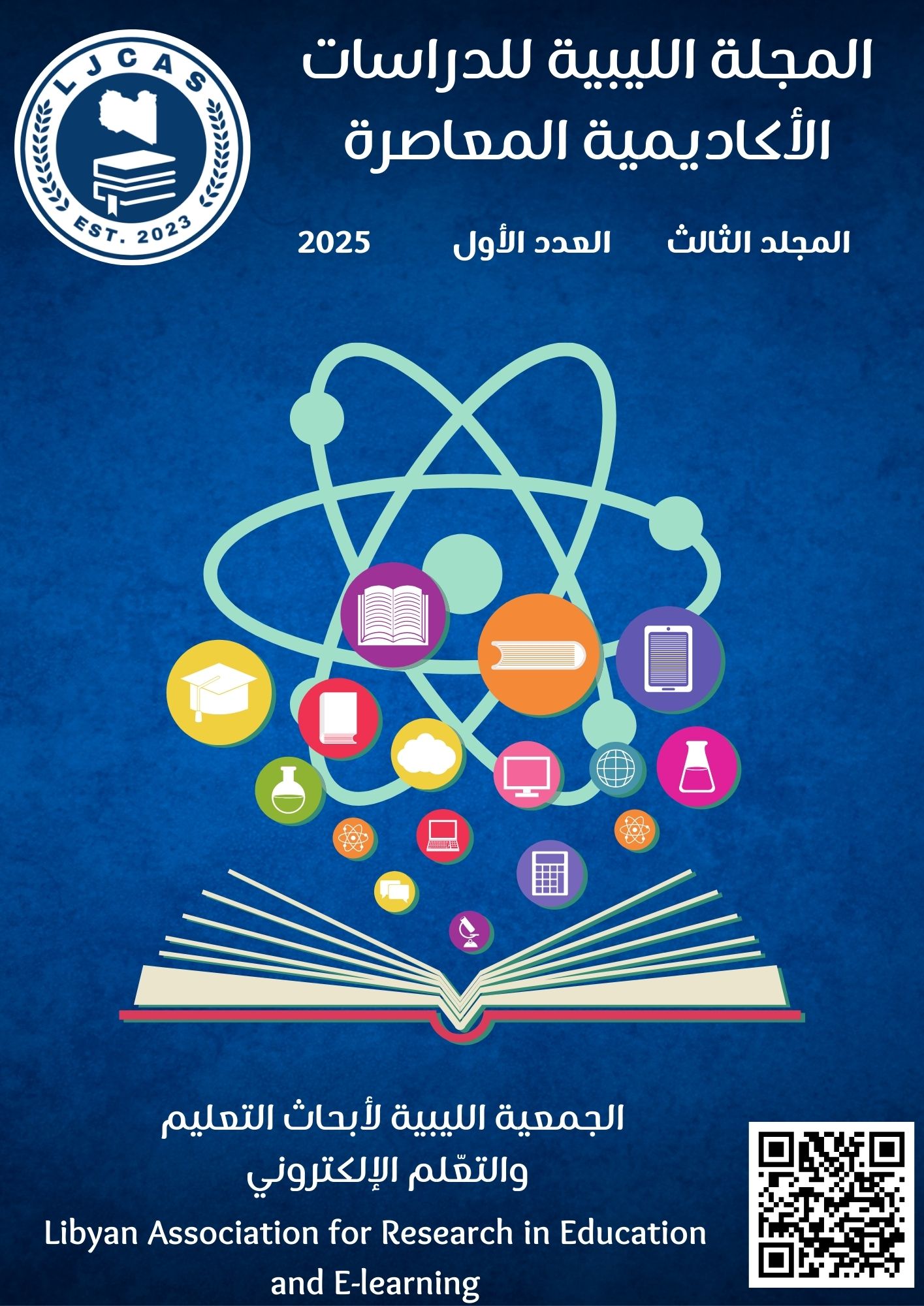Using Literary Translation as a Tool for EFL Learner Engagement
الكلمات المفتاحية:
Literary translation، EFL learners، language proficiency، engagement، cultural awareness، quasi-experimental design، university students، motivation، authentic textsالملخص
This research measured how well EFL learners learned English and became interested in new cultures when they translated literary works. The researcher conducted a quasi-experimental study with 100 University Students Faculty of Arts English Department. The experimental group practiced literary translation by moving between text types when they translated between Arabic and English texts, while the control group continued standard EFL methods. Learners took testing before and after the course to check their language development, and we asked them to answer questions about their involvement in learning plus their cultural understanding. The data showed that learners in the experimental group improved their language skills more than their control group peers, plus they became more interested in their studies and learned better about local cultural content. Statistical results showed that learning through literary translation helped students develop better language skills and made them both more motivated and better at understanding cultural aspects found in the language they wanted to learn. Footnote research showed EFL students benefit from learning language through literary translation, which makes education more exciting and helps students become fluent in foreign language and understand cultural references.







